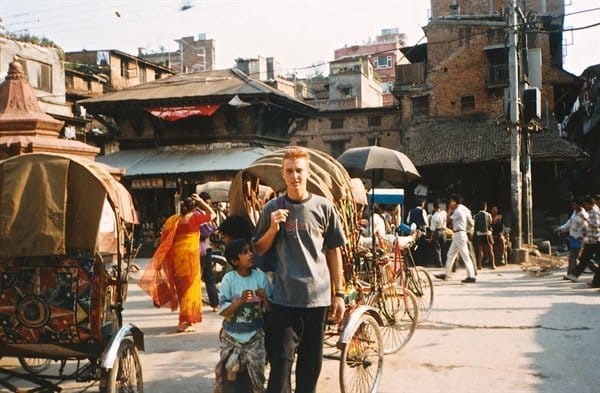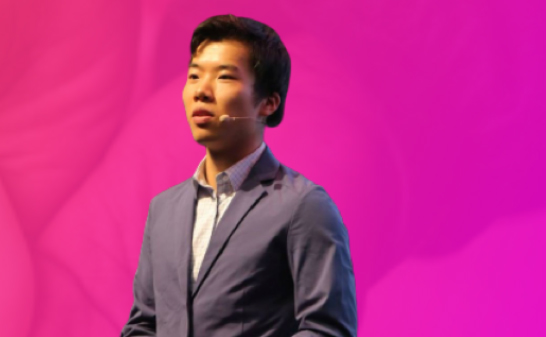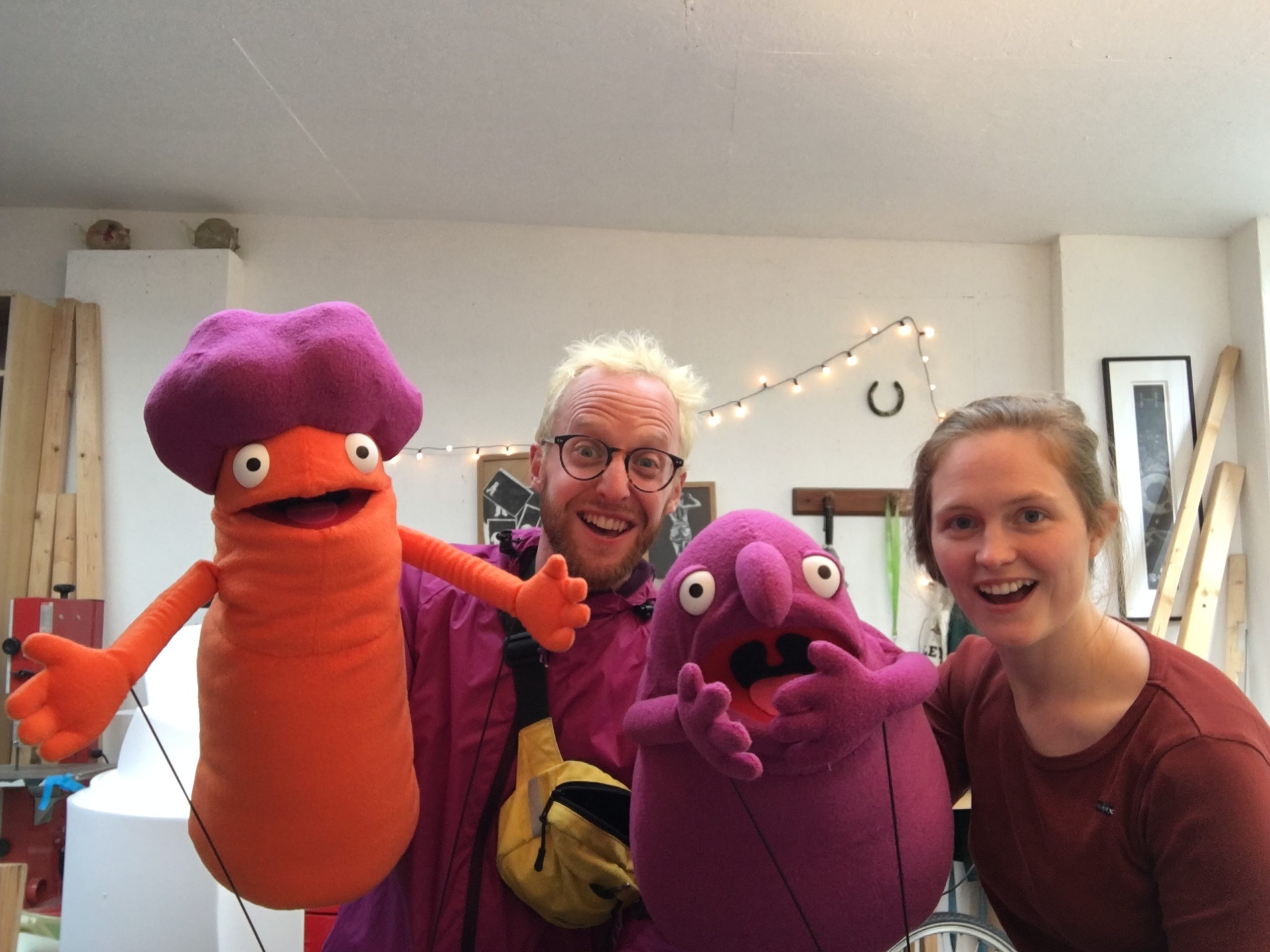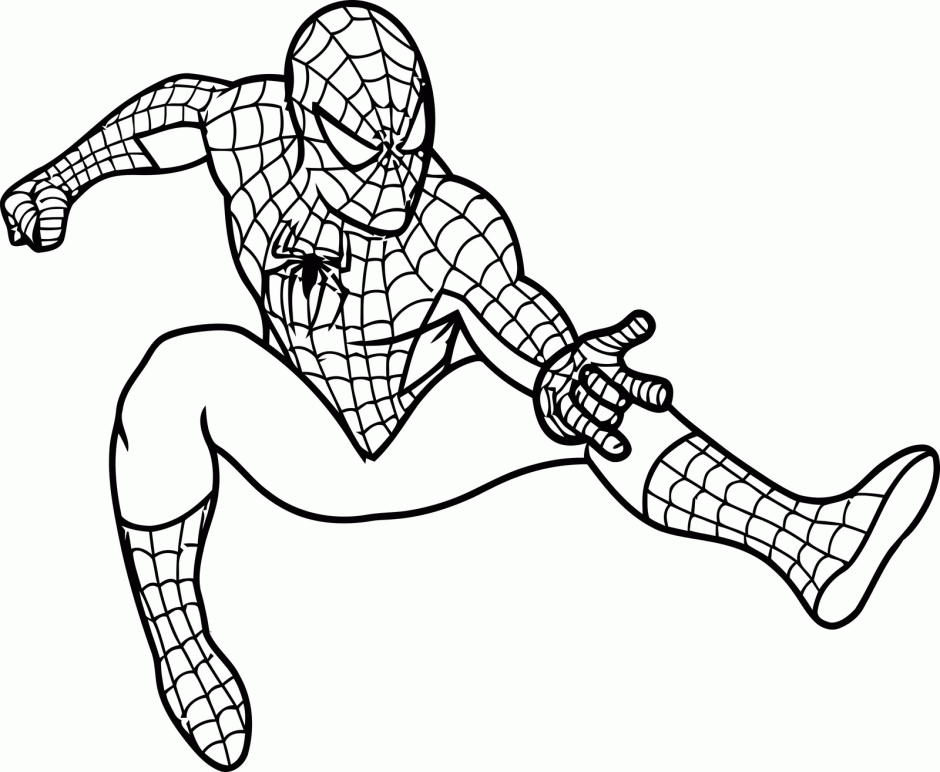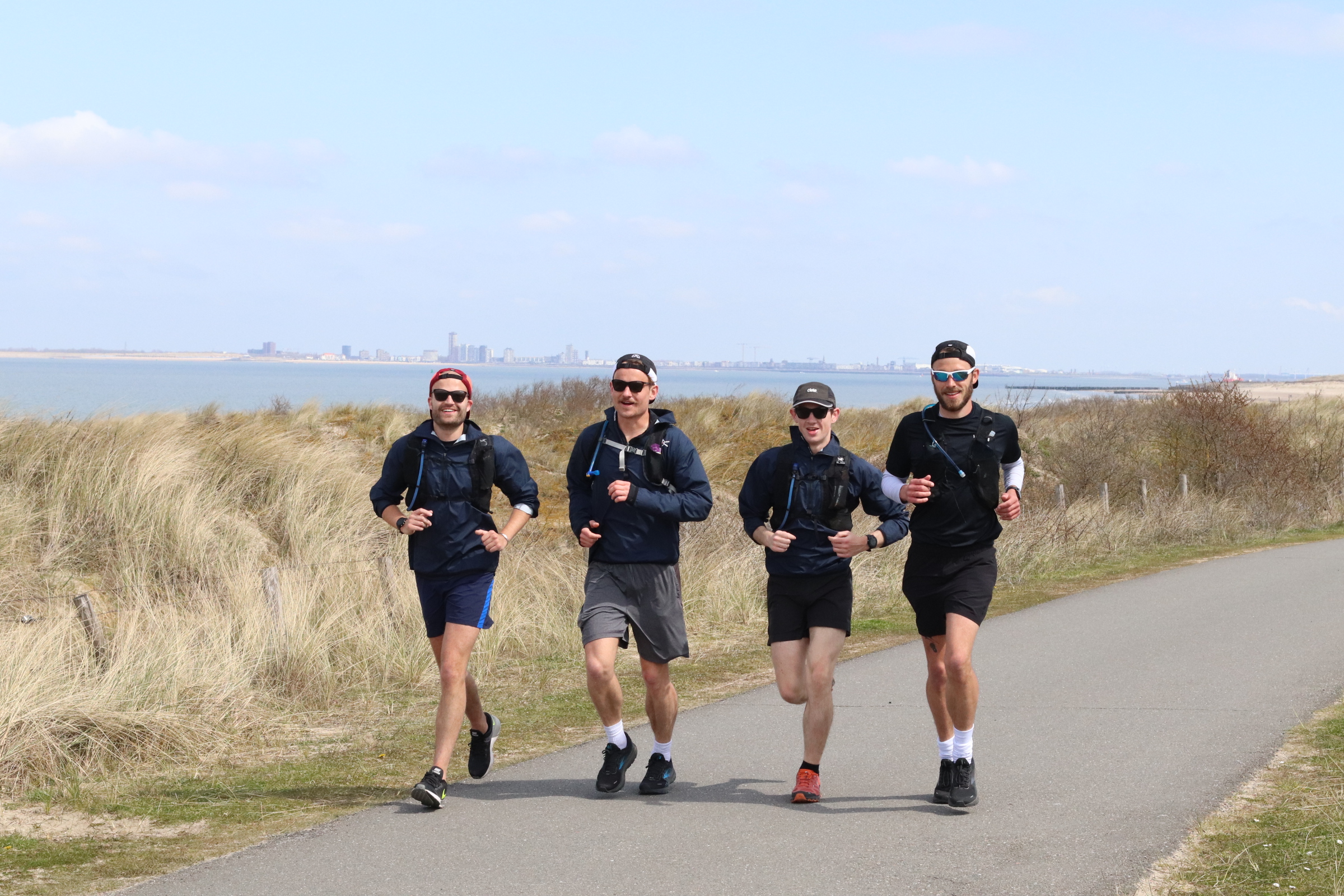Did you have a defining moment when extreme poverty slapped you in the face and woke you up? Perhaps an epiphany of sorts.
When I was 16 I went to Nepal. Twenty years on and I realize what happened. It was a transformative learning experience.
Founder of the concept in modern times, Jack Mezirow, says that such an experience usually requires a ‘disorientating dilemma’. Indeed. I saw extreme poverty and it rattled me. It transformed my perspective: of my self, of the world, what I believed, and my behavior. It left me with many questions, some still unanswered, but it instilled a deep, life-long empathy toward this needless suffering, forged in those formative teenage years.
Lately, I’ve been wondering if this sort of exposure to poverty is necessary to facilitate strong commitment to alleviating it, or at the very least, provide a foundation upon which to build on-going action throughout one’s life. The trip involved working alongside the Nepalese on projects they desired, like ‘solar’ toilets. It felt so good to help. My mind raced beyond Nepal to other poor countries. I was baffled as to how people back home in Australia had so much, and these people so little. How could it be that hundreds of millions of people didn’t have enough food, clean water, shelter or basic medicine when I had all this and a remote control toy car?
Frances Moore-Lappé points out that nobody actually gets out of bed each morning proclaiming they’ll continue their contribution to needless suffering and species extinctions. In my field of wildlife conservation, there’s growing appreciation that people will only care for and protect what they know, what they’re connected to. Richard Louv coined the phrase, ‘nature deficit disorder’, which is rife among children and adults of the world’s expanding urban population. What about a ‘poverty complacency syndrome’ or a ‘poverty deficit disorder’?
Since my trip all those years ago, new experiences have consolidated the profound effect it had me. I’ve seen poverty in other parts of the world and developed friendships with those trapped in it. I was reminded of my own geographic luck when recovering easily (thanks to modern medicine) from pneumonia and a severe staph infection. In recent years, I’ve welcomed two beautiful sons into this wonderful (yet undeniably troubled) world, and I’ve been thinking about how to facilitate transformative learning experiences for them. I’m quite certain that documentaries and ‘sponsoring’ children won’t cut it, but one has to weigh up the financial cost of experiences abroad (e.g. flights) against what the money could achieve through contributing to a worthy cause. When I read Peter Singer’s book (The Life You Can Save) five years ago, I made a personal pact to give at least 5% of my income to extreme poverty reduction each year. My transformation keeps building. Increasingly, the growth is more rational, less emotional.
Central to effective altruism is giving with our heads instead of our hearts. Armed with the numbers, like those identifying where our giving has the biggest bang for its buck, effective altruism seems like a natural progression from a transformative learning experience. Avoiding “Associational Giving” is something I still need to work on. I remind myself that the sort of organisations that TLYCS endorses are where the most suffering will be relieved per dollar, irrespective of my association with the cause.
Beyond money, I still don’t know where my efforts are best spent. Do I invest heavily in politics, in campaigning for increasing (and protecting) aid budgets? Do I focus additional effort in refining the choices I make at the supermarket? I know I can easily part with more cash without any real impact on my life. What about encouraging those closest to me to give more cash away? I have much to learn and so much more I can do. But it is the motivational platform that drives my efforts. And that was built on the transformation that took place in me in Nepal when I was 16.
Once again, I’d love to hear of your transformative learning experiences, or similar defining moments related to poverty and giving.
